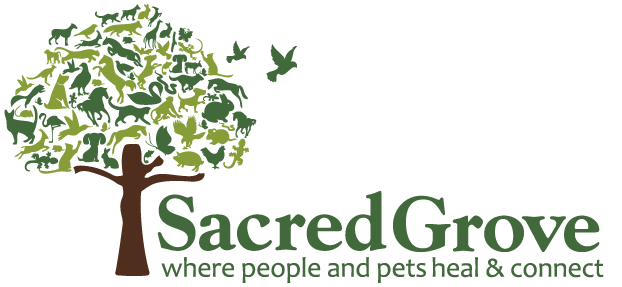You’ve heard the concept of animal master, I’m sure. I’ve watched or read so-called experts proclaim that we need to be the boss, in charge, the dictator, or the dominant one – literally the “top dog.” We need to keep our animals in line. And if it took harsh physical punishment to ensure compliance, it was the animal’s fault. They weren’t listening.
Animal master of the house
In the past, our dogs have been on the receiving end of the punishment/reward protocol. Thankfully, that’s changing. Most trainers I’ve met prefer positive reinforcement to teach dogs to live nicely with their humans. Yeah! About time!
Sadly, some animals used in entertainment are still trained using methods where disobedience results in harsh physical punishment. To add insult to injury, usually their off-stage lives are not great either. I don’t support those venues anymore.
Instead of animal masters, how about animal mentors?
This “animal master” approach felt fundamentally wrong to me, and so I ignored it. But I felt guilty. I was a bad “owner.”
All that changed as I developed my animal communication skills. Connecting with animals allowed me to let go of needing to be an animal master. It’s not my style or personality, anyway. Animal mentor is more my speed.
I believe our animals gave us the privilege of caring for them. It’s our responsibility to help them navigate this human-animal society we’ve created and our job to teach them civilized behavior both inside the home and out of it. We want them to interact with other souls in a respectful way and enjoy their time with us.
And it’s our role to listen to what they need or want and try to provide it for them. We create a give-and-take relationship, not a top-down chain of command system with us as the top dog.
Isn’t that like mentoring? Mentorship is defined as a trusted counselor or guide. We first take the time to figure out our animals’ likes and dislikes, what excites or scares them, and what soothes them. We use this information to guide us.
If we’ve got a challenge, we can visualize an internal image of our animal’s best self and hold that in our hearts. And we can create an internal image of how we’re going to set the tone for them. These thoughts and images become possibilities in our psyche —and theirs! Just like a positive affirmation, our thoughts influence reality in wonderful way.
Mentorship in action
Joan Ranquet talks about our role as “emotional leaders” of our animals. It’s so true!! This is how I put that splendid idea into practice:
Instead of being the animal master, I consider how to mentor my animals. It helps me focus more clearly on their current physical, mental, and emotional states. I see where they are and what we might work on in order to more fully enjoy our time together.
I actually talk to them about what behaviors I’d like to see AND what I love about them. With animal communication, I intuitively (mind to mind) share visuals of behaviors that would make me so happy, and show them the perks of those behaviors. For instance, I intuitively share a vision of them walking calmly on the leash. And then I show them how we will walk farther and meet more friendly beings along the way. It may not replace training but it helps!
To be transparent, ours is not a perfect relationship. What relationships are perfect anyway? Wouldn’t they be boring if they were? So why do we expect perfection from our animals? Over time, as I hold space for them, I’ve seen improvements, and I’ve found more respect and patience for who they are.
It takes a village
Just as important, I don’t practice this alone. Instead, I share my insights with my husband, and we talk about what we’ll do together. Additionally, I engage other practitioners to help me with issues that aren’t my strengths (see my blog post “Is your animal support team on speed dial?”)
Mentoring is so much more satisfying—and fun—than trying to be the animal master – the master of the house.
And animal communication is a great way to practice being the loving leader – the mentor – of your pack!
Use animal communication to mentor your animals!
Have you moved from being the animal master to the mentor/leader for your animals? Tell me more!


